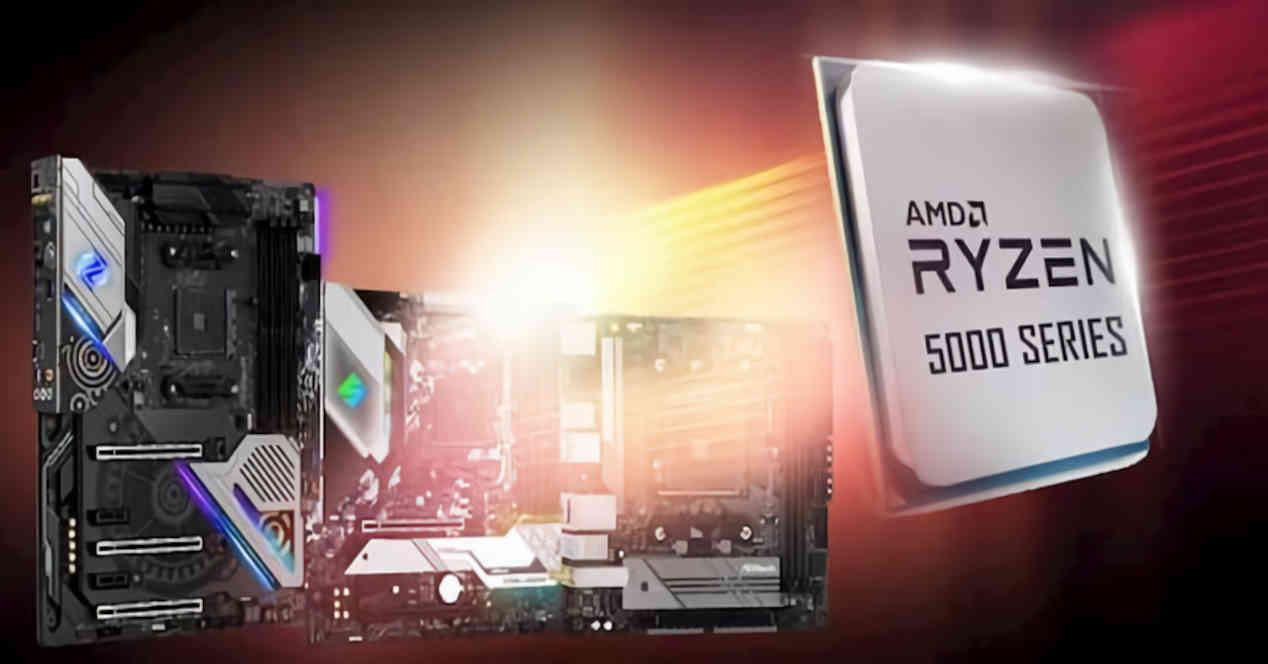After no more and no less than a year of waiting, users of ASUS motherboards with the AMD A320 chipset can update their firmware to install AMD Ryzen 5000 processors using Zen 3 architecture cores. Better late than ever, we tell you the details.
One of the advantages of a series of processors using the same socket is that in theory everyone who uses it can be mounted on the same motherboards. However, a very dirty maneuver on the part of CPU manufacturers, which are the same as chipsets, is to block the use of certain processors on certain boards.
Finally the Ryzen 5000 on ASUS A320
Yes, ASUS, through a firmware update that we can find on its website, has finally unlocked support for AMD Ryzen 5000 processors, based on Zen 3, on its A320 cards. BIOS / UEFI in particular is an update of the AGESA v2 1.2.0.3c for motherboards PRIME A320M-A of the brand.
They are therefore joining GIGABYTE to add support for the latest generation of AMD processors on their modest A320 cards, which AMD officially does not allow. To all this, we must add that everything indicates that AMD is lowering the price of its Ryzen 5000, so if you are a user of one of the older generations of Zen processors, you can upgrade to a processor much more powerful than the one you are using. currently.
Either way, we have to point out the same as we said with the GIGABYTE A320, and it’s nothing but the processor update will give your PCs better performance, but the A320 chipset on the cards. ASUS mothers will not get all the juice from the Ryzen 5000.
AMD strongly disagrees
One of the strategies of desktop processor manufacturers is to make additional profits from the sale of new motherboards. In the case of the Ryzen 5000, they have blocked its use in some models which, although they can be mounted, are classified as invalid processor.
As different motherboard manufacturers unlock the A320 for use with the Ryzen 5000, AMD is putting the wheels on the wheels for X370 and B350 users. The reason behind this is simple, the A320s have been offered in the OEM market and so they are cheap low end motherboards, instead letting users use their X370s means less profit when it comes to to sell the new models for them.
This is a pitcher of cold water for many users who continue to live in innocence and believe that Lisa Su does not aspire to reap the benefits of her maximum rival Intel. Little by little we should start to forget AMD as the white label version of its rival, the key to that? Hardware performance is what ultimately sets its price in the market. And in the cost of a CPU is also its motherboard.









